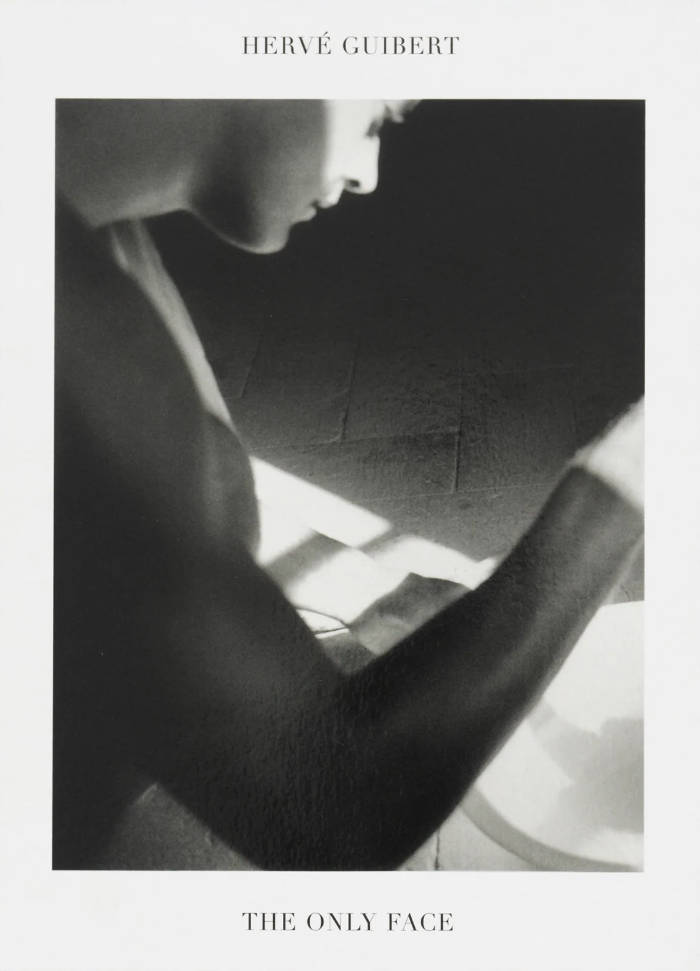
Can the Subaltern Speak?
Gayatri Chakravorty Spivak, Estefanía Peñafiel Loaiza
Gayatri Chakravorty Spivak's landmark essay in decolonial thought is animated for a new generation with art by Estefanía Peñafiel Loaiza.
In 1985 Gayatri Chakravorty Spivak's seminal essay, 'Can the Subaltern Speak' transformed the analysis of colonialism. In a deeply divided world Spivak's text interrogated the historical and ideological factors that, by obstructing the potential for certain subjects to be heard, maintained the degraded status of those subjects on the world's peripheries. The text remains, in the third decade of the twenty-first century, as compelling as ever, and affirms the continuing relevance of Marxism to contemporary decolonial thought.
In this Afterall Two Works edition, the essay is given new life in dialogue with especially commissioned artwork by Ecuadorian artist Estefanía Peñafiel Loaiza. Loaiza's preoccupation with questions of visibility and occlusion, the need for and absence of the image, has guide the creation of a mesmerising set of works. These form a visual vocabulary that echoes and refracts Spivak's central terms, bringing new inflections to an enduringly important text.





